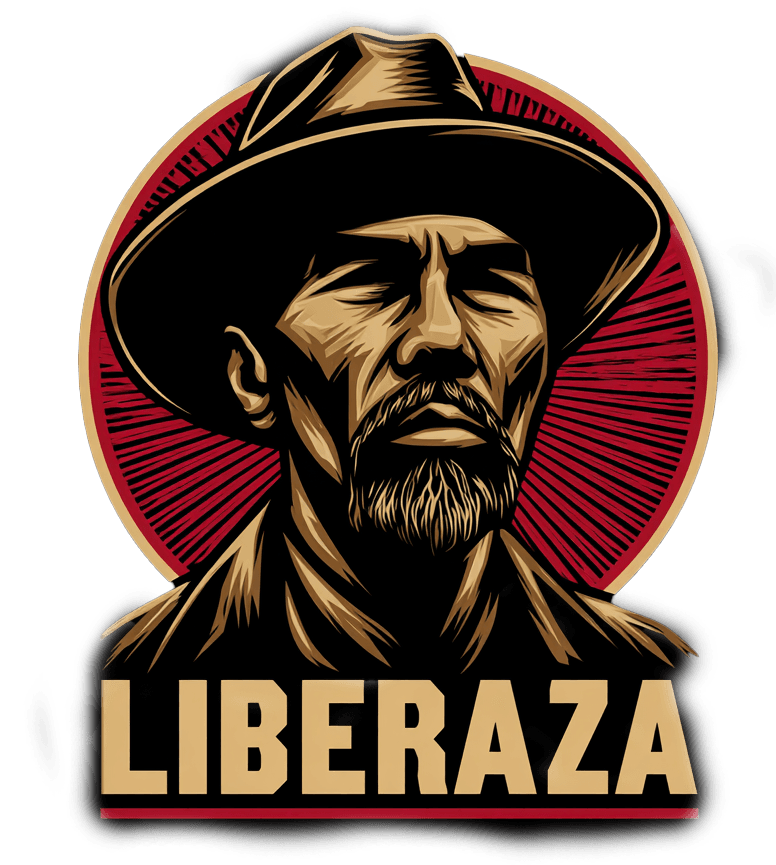What Happens When Reporting on Immigration Becomes a Crime?
LS
In mid‑June, Salvadoran‑American journalist Mario Guevara was livestreaming a peaceful protest in Folkston, Georgia, when local law enforcement arrested him on misdemeanor charges. By July 20, all charges had been dropped—yet Guevara remains in ICE custody after federal agents appealed his bond, arguing he poses a flight risk. His case has ignited alarm among press‑freedom advocates and immigration‑rights groups, raising tough questions about press freedom, ICE detention, and the future of immigration journalism in the United States.
A Reporter’s Journey from Courtroom to Cell Block
Guevara, 32, has lived and worked in Georgia for over 20 years, earning a green card as a young teen. He built his career covering local news for Univision and other outlets. On June 14, he streamed a demonstration against recent mass deportations—one of the largest in Georgia’s history—when police handcuffed him on charges of “obstructing traffic” and “failure to disperse.” Days later, a judge tossed the charges for lack of evidence. Despite this vindication, ICE denied his bond release, leaving him shackled in the same Folkston detention center that houses hundreds awaiting removal.
Press Freedom Under Siege
Guevara’s ordeal isn’t an isolated incident. Journalists nationwide report increased interference while covering immigration enforcement. The Fourth Estate—tasked with holding power to account—now faces the risk of arrest simply for filming federal agents. When law enforcement crosses the line from observer to target, the public loses vital windows into human‑rights abuses at detention centers and during raids. In this way, Guevara’s detention becomes a chilling case study of how immigration journalism can itself be criminalized.
Legal Dimension: Bond, Appeals, and Due Process
Federal immigration law grants ICE broad discretion to detain noncitizens, even when underlying criminal charges are dismissed. Once in ICE custody, individuals rely on bond hearings to secure release; these hearings are supposed to assess flight risk and public safety. But in practice, immigration judges often defer to ICE’s assertions, requiring bonds several times higher than criminal courts would set. Guevara’s $7,500 bond mirrors this pattern. When he secured bond in criminal court, ICE’s appeal effectively paused his release—demonstrating how administrative processes can override judicial decisions and extend detention indefinitely.
Human Cost: Isolation, Uncertainty, and Family Strain
Beyond legal arguments lie very real human‑rights concerns. Detainees report lockdowns, solitary confinement, and lack of medical care at facilities like Folkston. Guevara’s family has endured weeks of uncertainty—not knowing whether he’ll be freed or deported. Children of immigrants, who may never see their parents again, face psychological trauma. When journalists lose their freedom, immigrant communities lose a critical voice, and ordinary families absorb the brunt of bureaucratic overreach.
Public Outcry and Advocacy
Guevara’s case has galvanized local and national advocates. The Georgia First Amendment Foundation and the ACLU of Georgia filed amicus briefs demanding his immediate release. Press outlets from NPR to The Guardian have spotlighted his plight, adding pressure on both ICE and congressional oversight committees. Social‑media campaigns (#FreeMarioG) have circulated video clips of Guevara’s arrest, reigniting debates about law enforcement transparency and accountability.
Policy Implications: Reforming ICE Detention Practices
Guevara’s detention underscores the urgent need for ICE‑detention reform:
- Independent Oversight: Establish civilian review boards to investigate detention‑center abuses and review bond decisions.
- Bond Reform: Cap ICE bond amounts to align with criminal‑court standards, ensuring fairness and proportionality.
- Press Credentials: Grant journalists clear protections when documenting federal law‑enforcement operations, including designated press‑pool access and body‑camera footage release requirements.
- Alternatives to Detention: Expand community‑based supervision programs that allow non‑citizens to remain with family while awaiting hearings.
Such changes would safeguard due process, bolster human‑rights protections, and restore integrity to immigration journalism.
What’s Next for Mario Guevara?
ICE must decide whether to continue appealing bond or set a hearing date for removal proceedings. Meanwhile, journalists and advocacy groups will watch closely. A ruling in Guevara’s favor could establish precedent, reinforcing that dropped charges should trigger immediate release rather than perpetual detention. A decision against him would signal that federal agencies can weaponize administrative appeals to sidestep judicial determinations.
Conclusion: Why This Case Matters to Us All
When a reporter is detained for doing their job, the stakes extend far beyond one individual. Press freedom is a cornerstone of democracy; without it, government abuses can flourish in darkness. ICE detention—meant originally to manage border security—must never become a tool for silencing dissent or punishing truth‑tellers. Mario Guevara’s case reminds us that immigration journalism is essential in exposing human‑rights violations and that protecting those who bear witness is vital for a just society.
Take Action:
Follow updates at ACLU.org and share #FreeMarioG.
Contact Georgia’s congressional delegation to demand fair bond practices.
Support nonprofit legal groups defending press freedom.
